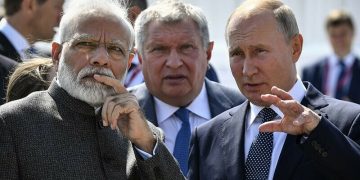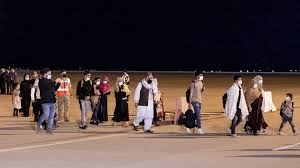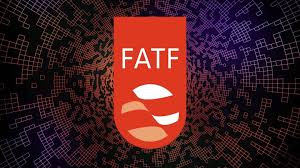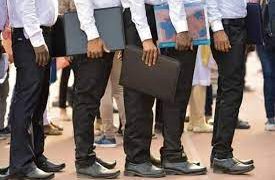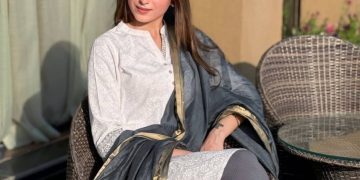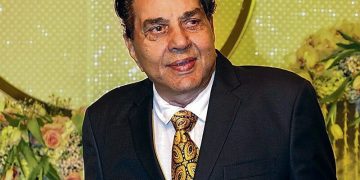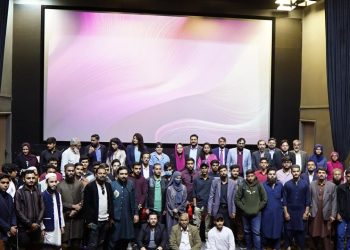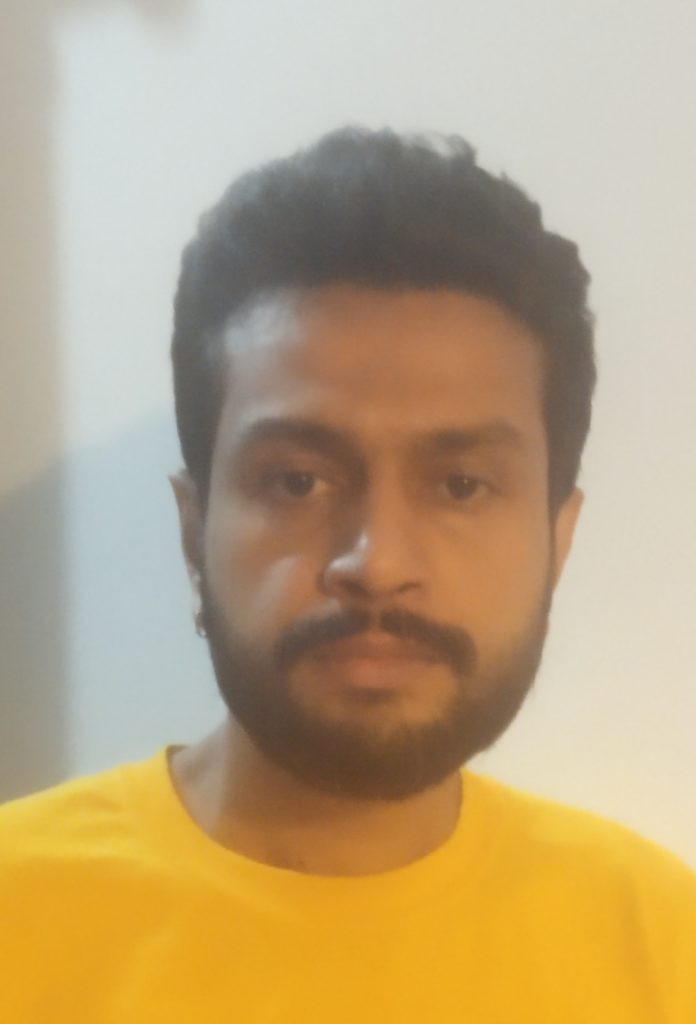
It’s not easy to stay confined to your home day in and day out especially when no one’s sure how long you would have to be. You understand that it’s much safer if you stay that way still it’s not the best way to be sure about the future.
The world is definitely not a safe place to be born in, yet it probably is the best place to realize the most important lessons of life.
So this lockdown makes you think of things that otherwise you’d easily leave out of your daily cogitations, so to speak. We as a people are going through big changes.
There’s a virus on the loose and anyone could catch it anytime. Businesses can’t run the way they should, you can’t go to work, can’t find a new job, can’t get paid because that means people collecting and interacting and that’s what the virus needs so it can jump to new hosts. But you can’t help thinking that that’s only the biological aspect of the thing but let me get back to that in a short while.
Another thing the lockdown makes you think is that technology isn’t the only thing that guarantees human survival.
Plus who would’ve thought something like this would happen for real in Pakistan because this is the stuff of sci-fi, horror and end-of-humanity novels and stories isn’t it?
A hugely influential popular fiction writer said that fiction is a lie but good fiction is the truth inside the lie. And so here we are with Corona.
I don’t remember anything as big as this in my life as a Pakistani. I was born after the two wars between India and Pakistan; that might as well have been something as big as this definitely not bigger because this outbreak pushes the context far out than national limits.
Yes I saw Karachi shutting down during the nationalist strikes of the early nineties and you saw the biggest city streets and avenues sink into dead silence in some of those but that was nothing like this, this is country-wide this is global.
And this silence is uneasy. Surely the air is cleaner to breathe with the traffic almost dropping dead but the air has got a creepy vibe, there’s anxiety on people’s faces and masks over their mouths and noses.
Talking to people you get all sorts of talk the most common being ideas that are spurred primarily by looking at calamities through what is called conspiracy theory. Not to say it isn’t possible to enjoy such theories at all because some ideas always are more interesting and thrilling than others but a bit of irrationality should count as healthier than pushing too far with paranoia.
Then there is the usual doomsday prophesying; threats about man (and woman of course) who not having improved his ways is doomed to suffer from Ebola, pestilence, fever, Spanish flu and blisters.
Getting to know about viruses and bacteria and riding the highs of modern medicine did little to budge the thinking that we will suffer from disease and the deluge because we cannot turn away from sin.
That takes me back to what I said earlier: about the biological aspect of this Covid-19 pandemic and us going through big changes as a people. Blaming secret and sinister actors for a calamity or thinking we suffer justifiably for being evil in actuality are thoughts that have long running mass cultural, psychological backgrounds and are perhaps part of our natural mental frame.
But the deeply important point that makes me wonder when I pedal down an empty street with more street mutts to say hello to than people whose faces I recognize is where exactly does the future of human bonding lie?
Will isolation and quarantine make us see others as potential contagion or will it make us see each other in a new light?
Does the threat lie in our external environment so we can go on blaming something or someone else for being locked up like we are?
Or is the actual threat maybe among us and inside us, the threat of losing track of where the big changes are taking us as a people, as a living species, as inheritors of a world not safe to be born in but the best place to realize the most important lessons of life.



